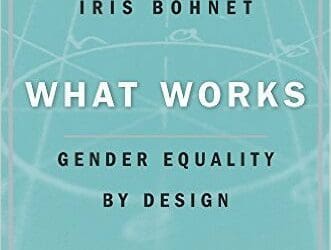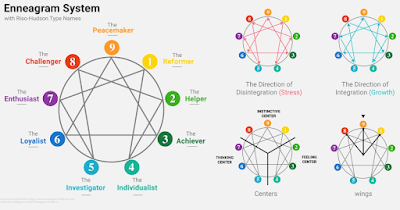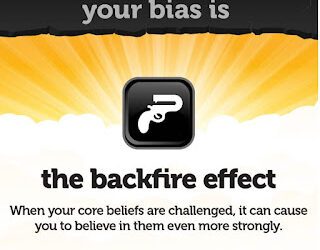
Psychology and Christianity: Five Views
When I tell people that I work in the field of psychology, they almost always ask how I can still be a Christian in that field or they wonder whether I really am a Christian. Many psychologists are opposed to religion, especially Christianity; however, there are many committed Christians in the field of psychology and they have differing views on the relationship between Christianity and psychology.
The book Psychology and Christianity: Five Views gives a broad overview of the different views. Unfortunately, this book was a major disappointment so rather than just reviewing the book, I’m going to explain the views a little bit more than I would in just a straight book review. I have a BS and MA in psychology and am working on a PhD. This is a fairly introductory book so I read it with that expectation, but still, I was expecting to learn more than I did and to get a clear outline of the different views.
The book is roughly organized by the most scientific to least scientific views. The levels-of-explanation view approaches science (psychology) and religion (Christianity) as mostly separate and non-overlapping disciplines that explain things in separate but complementary ways just like physics and biology can both explain the same thing in different ways. The integration view is largely the same but places additional emphasis on integrating scientific findings into Christian theology.
The Christian psychology view is the view that, well, I don’t know really. The writers of this view basically just criticize psychology and call for more theology and philosophy in the field, but they’re not really clear on what that looks like in a practical way. The transformational view isn’t really a separate view, but argues that in order to do good science (in this case, psychology), the scientist must be increasingly transformed into a godly person. Finally, the biblical counselingview argues that everything we need to know for psychology, at least for counseling, is in the Bible and so science isn’t very important for counseling.
The problem with this book is that the final three views were so watered down and abstract that I honestly have no idea how these views differ from each other or the first two views in any meaningful way. It seemed like the authors were trying to present their views in the most sanitized, least controversial way possible as if the authors didn’t want to offend anti-science fundamentalists while not trying to sound anti-science.
On top of that, there was very little discussion of specific, concrete comparisons between the views. The explanations of the views were so broad and abstract that any reasonable person could probably claim to hold to all five views, at least how they are presented in this book. If you are not well-educated in psychology, the explanations in this book will just confirm what you already believe because here isn’t enough clear discussion about the practical differences between the views.
From what I know about these views from outside this book, proponents of the latter three views do not seem very well-versed in the science of psychology and also seem to be viewing psychology very narrowly without considering all multitude of sub-disciplines and how they’re all interconnected. Biblical counseling explicitly states they reject secular psychology and virtually nobody in the movement has a Ph.D. in psychology so it makes sense that they would be largely unaware of what psychology actually is and how it informs us. The Christian psychology movement is largely promoted by philosophers and seems to suffer from similar problems except they do have more support from psychologists.
Personally, I gravitate more towards the levels-of-explanation or the integration views because they best recognize psychology as a science and that the observations made by scientists require interpretation which will relate to a person’s worldview. Ultimately though, my view is that people need to test and support their views empirically. Regardless of what view a person is coming from, if they think a therapy technique will be effective, they need to test it instead of just claiming it works based on their untested interpretation of the Bible.
I’m not sure I would recommend this book to anyone. If you are not familiar with psychology, this book will not give you enough information about psychology in order to make an informed decision about how it does or doesn’t fit with Christianity. If you are well-versed in psychology, this book will be a frustrating waste of time because everything is presented in an overly simplistic, narrow, and abstract fashion. I’m not sure what other resources are out there to get a better understanding of the subject other than my article here. It uses different language than this book so it won’t exactly map onto a specific view, but I still think it will be helpfulView all my reviews



